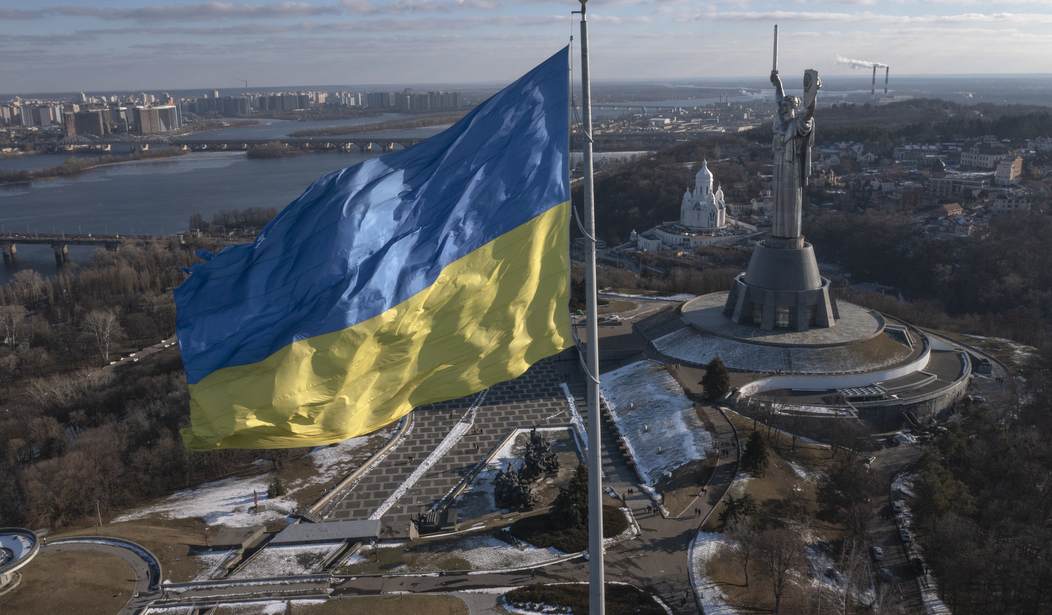Big trouble potentially awaits America if the Russian-Ukraine tensions escalate into a Russian invasion. And that trouble is not limited to potential counter-attacks from only Russia should the US decide to step in to protect their NATO ally Ukraine, as a recent Russia-China alliance has declared a “new era” where the US will be challenged as a global power as well as NATO as the “cornerstone of international security.” While the potential for conventional military operations against the US remains small, the fact that these newly aligned powers have engaged in almost a decade’s worth of reconnaissance hacking has given both nations the ability to remotely attack sensitive American targets.
Since Joe Biden took office, we’ve seen an aggressive turn in the territorial ambitions we see with both Russia, with their desire to reclaim the former Soviet property that once held the world’s 3rd largest nuclear stockpile, and the Chinese, who have repeated tweaked the US in the post Afghanistan debacle period. China for instance, has continually threatened Taiwan as a result of what they perceive as US weakness under Biden and a lack of desire to protect our longtime allies.
That said, the world now sits at the edge of its collective seats to witness whether Ukrainian President Volodymyr Zelensky’s prediction, given in a Monday speech, that this Wednesday will be the "day of the attack," materializes.
With Russian aggression sure to prompt a response from NATO, the world may be set on a path to global war. This makes this new Russian/Chinese alliance looking towards reclaiming former properties that are now sovereign nations a situation with the potential to create reverberations that could also include the allies of the new alliance, cyber powers Iran and North Korea, adding additional instability to the situation.
Although the US finds itself outside of the vicinity of combat operations, there is still a significant cyber threat. This is what agencies like the Department of Homeland Security (DHS) and the Cybersecurity and Infrastructure Agency (CISA) have recently warned of.
Recommended
And those warnings are based on about a decade’s worth of cyberattacks from both China and Russia’s intelligence agencies in concert with their respective sponsored hacking groups known as Advanced Persistent Threats (APTs), that have already breached critical infrastructure targets globally.
These reconnaissance operations, which include the SolarWinds hack, have netted these governments with a treasure trove of intelligence.
The SolarWinds hackers, the Russian APT Group known as Nobelium, were able to hack private companies like cybersecurity firm FireEye in addition to US Government agencies including DHS and the Treasury Department. Additionally, the SolarWinds attack touched thousands of other entities, including ones in the energy and infrastructure sectors.
The SolarWinds attack was easily identifiable as Russian, as the hack closely resembled Russian hacks against Ukrainian targets in the Petya/NotPetya hacks of 2015-2016. In those attacks against Ukraine, the Russian hackers also used an update to a popular software as the vector to install their malware.
Hackers backed by the Chinese government also pose a similar, if not potentially more dangerous threat to the US. We’ve seen in just the past several years, an Chinese-orchestrated incident in 2018 that targeted a US Navy contractor working with the Naval Undersea Warfare Center in Newport, Rhode Island. This occurred just a few years after the publishing of an NSA document obtained by NBC News in 2015 that revealed "more than 600 corporate, private or government 'Victims of Chinese Cyber Espionage' that were attacked over a five-year period, with clusters in America's industrial centers."
The document also cited instances of Chinese breaches against America’s critical infrastructure. If the intelligence collected previously is used today, it may have a devastating impact against America from half a world away.
January 26th of this year, DHS issued a warning regarding potential cyber-attacks as a result of the Russia/Ukraine crisis. Since then, although many attacks have materialized, they pale in comparison to what we may see if Russia launches an attack against Ukraine that provokes a massive global response. That is sure to lead to a series of Russian, and potentially even Chinese cyberattacks around the world.
Julio Rivera is a business and political strategist, the Editorial Director for Reactionary Times, and a political commentator and columnist. His writing, which is focused on cybersecurity and politics, has been published by numerous websites and he is regularly seen on National and International news programming.

























Join the conversation as a VIP Member